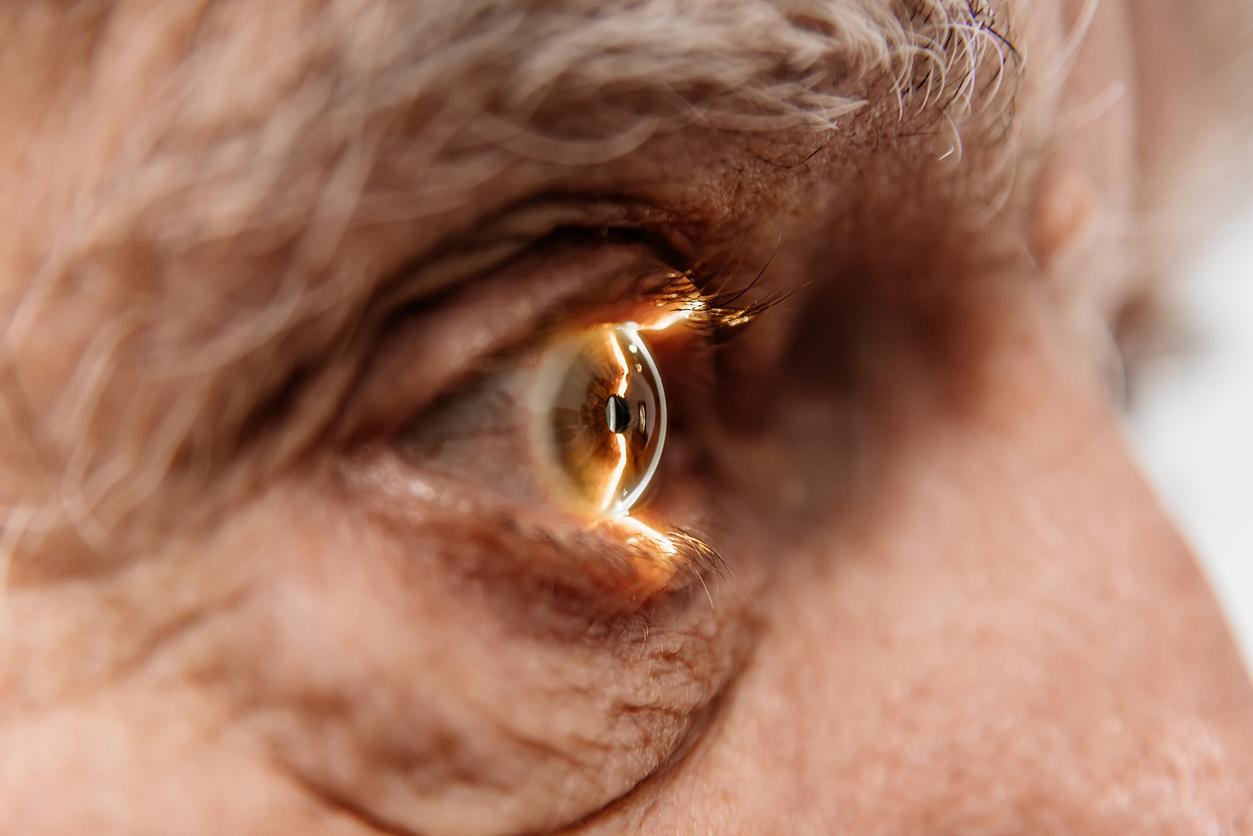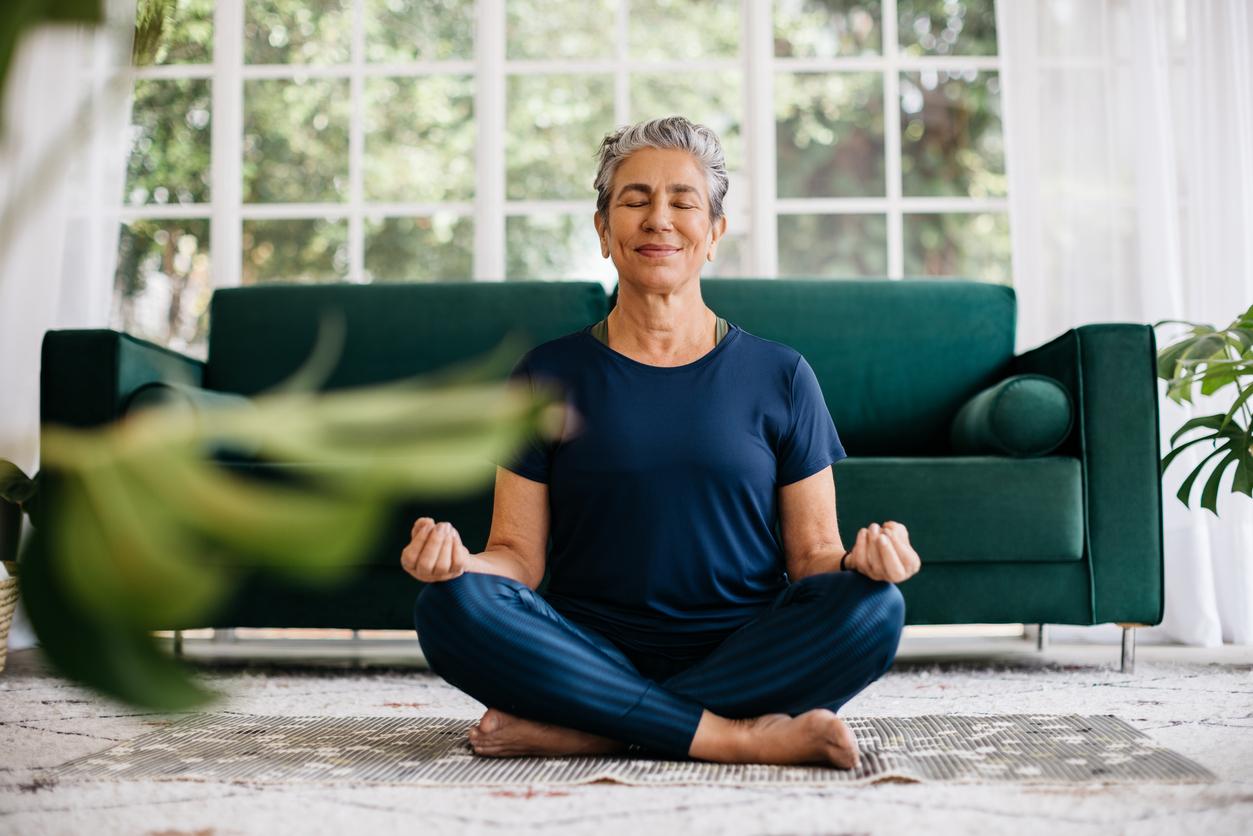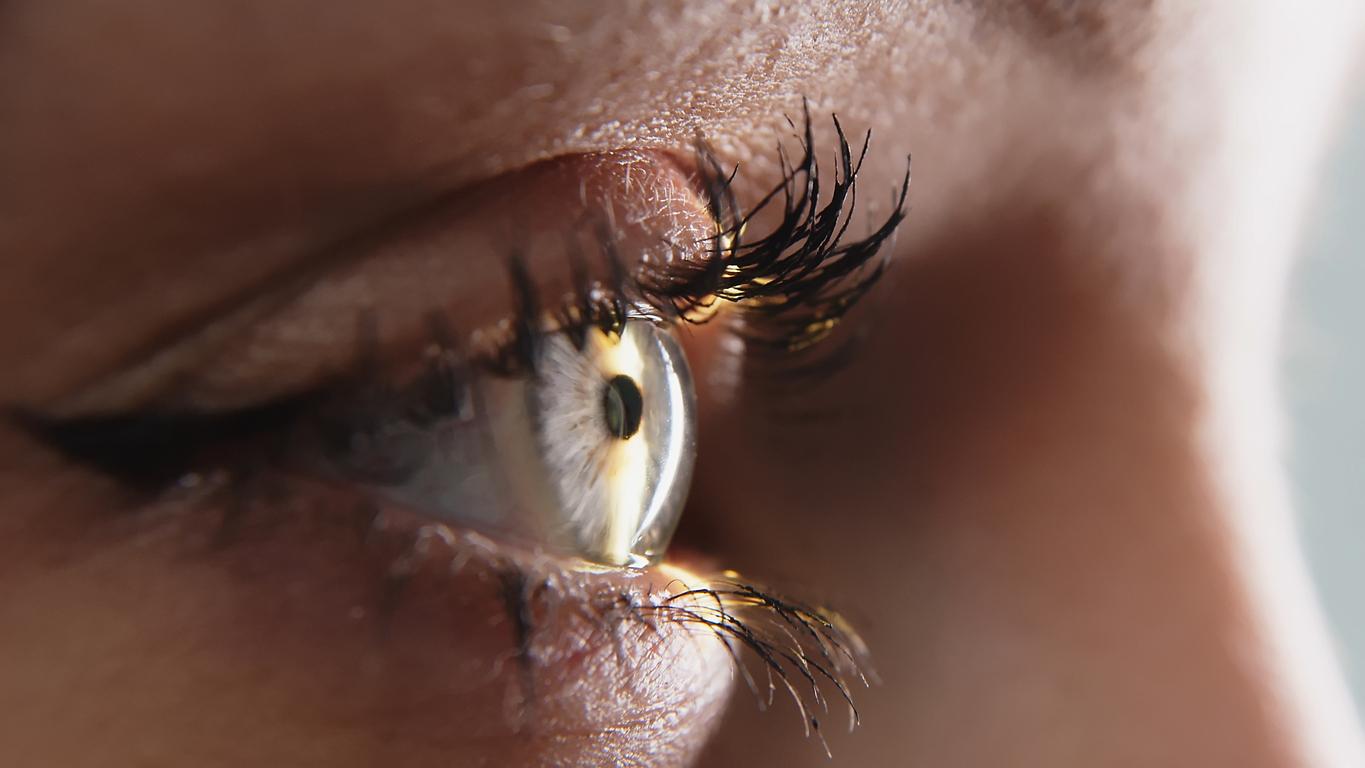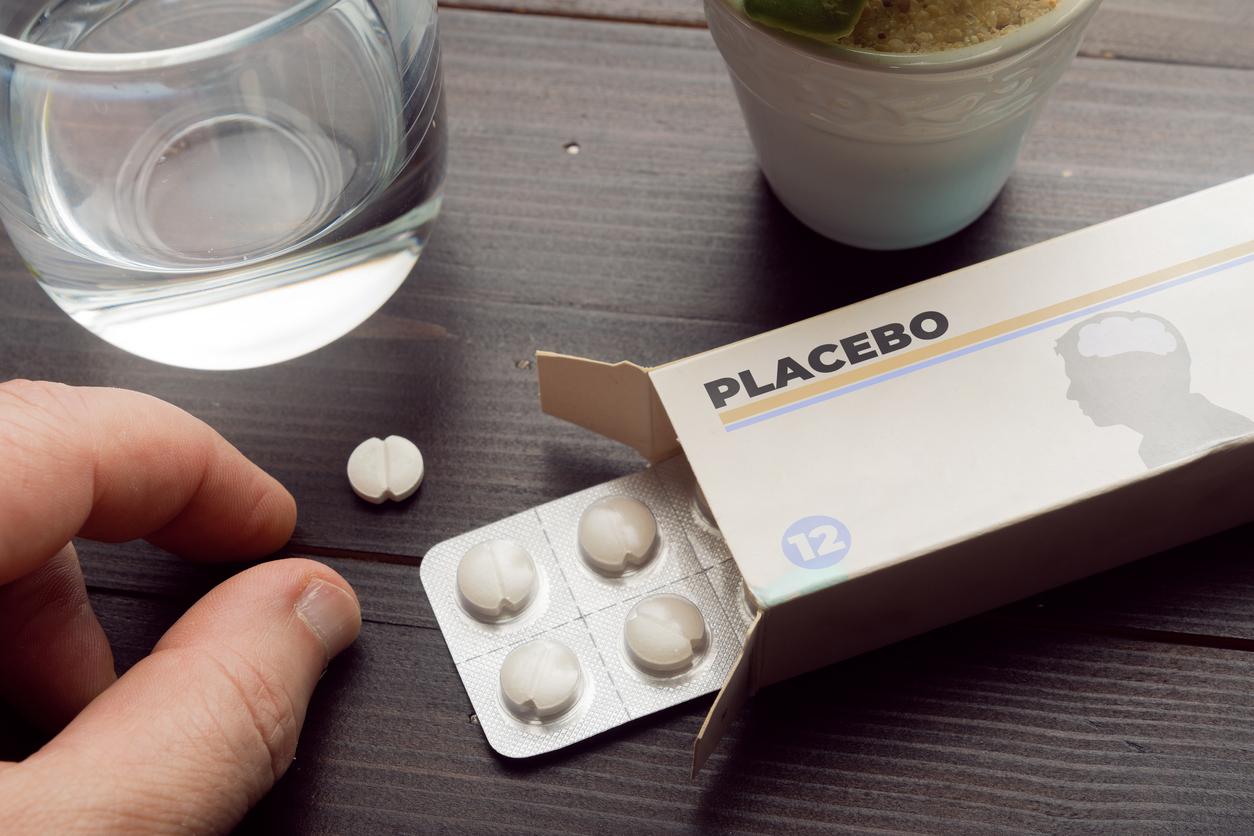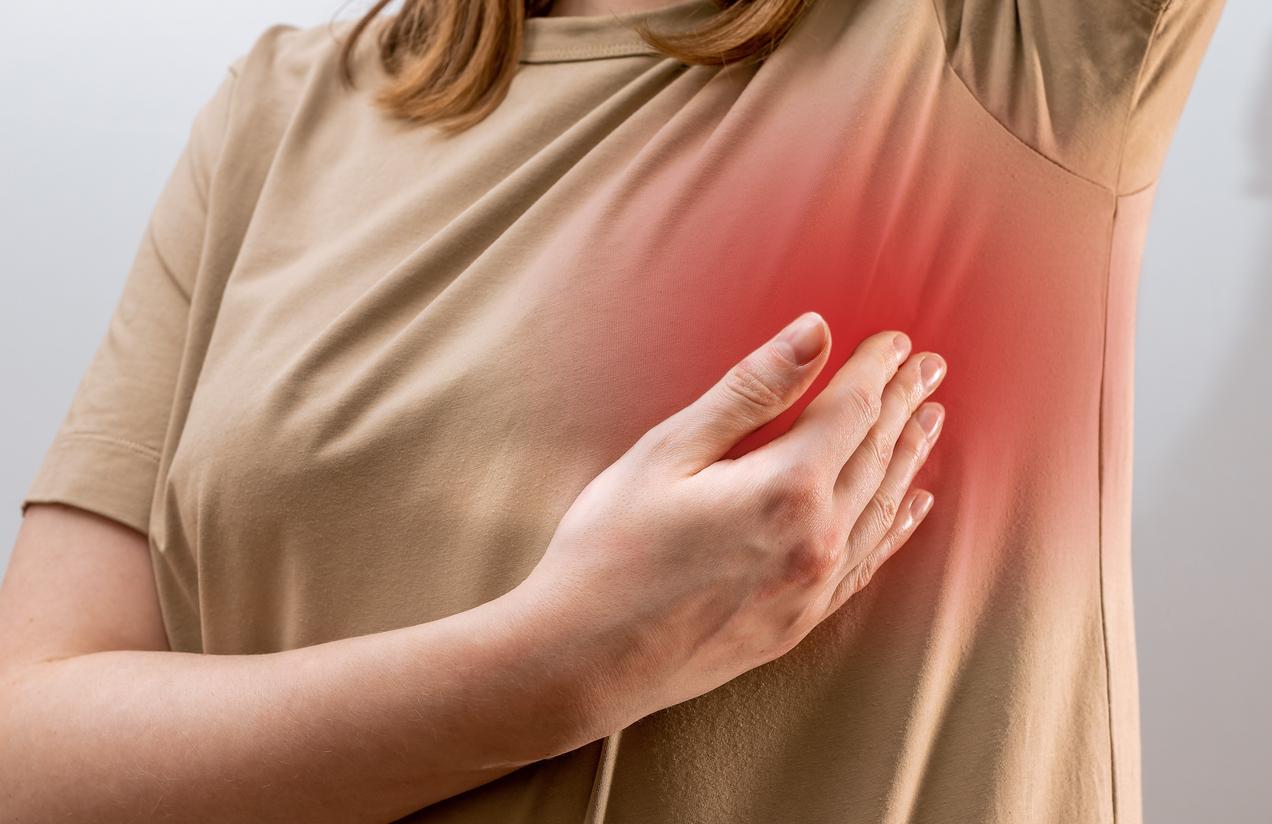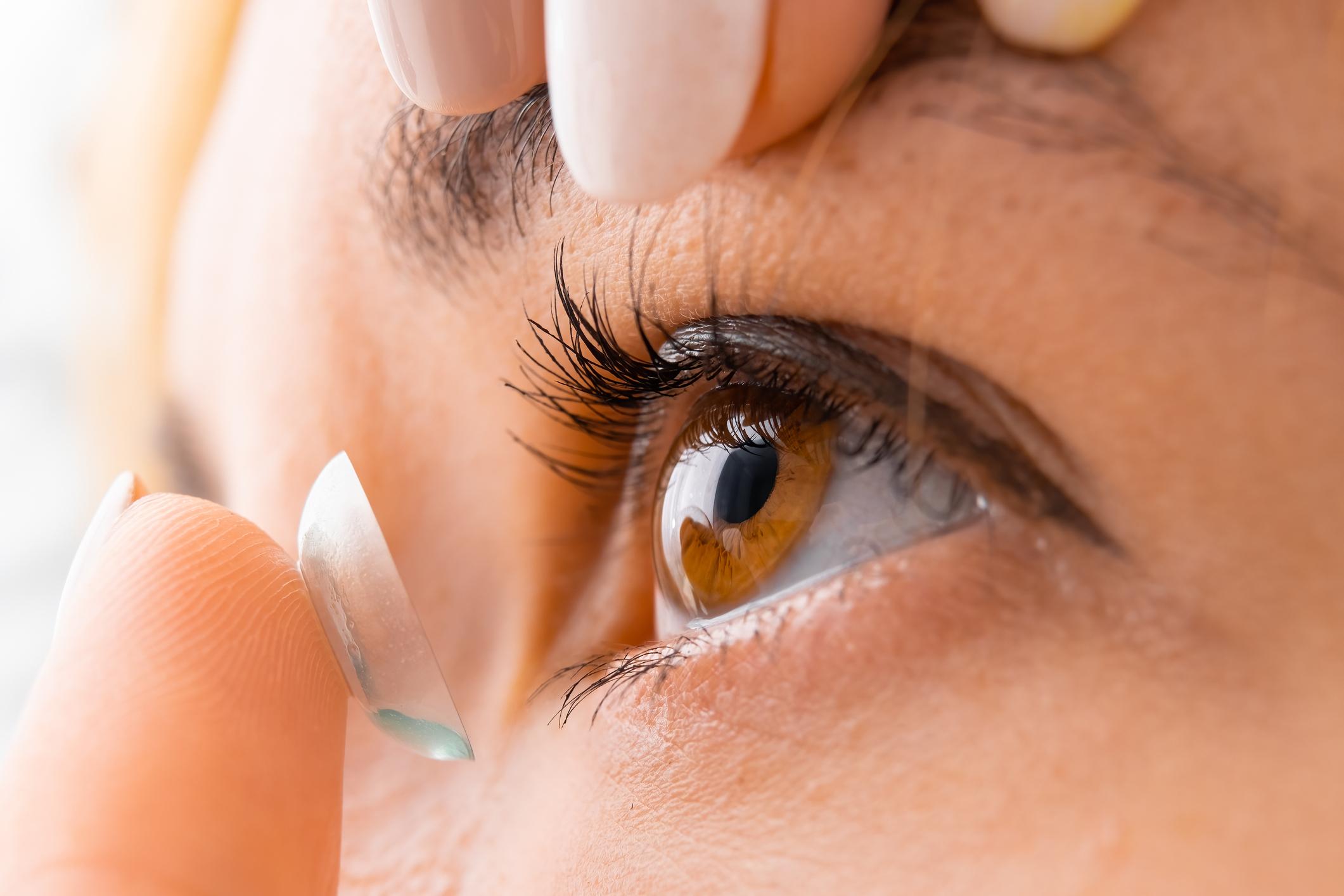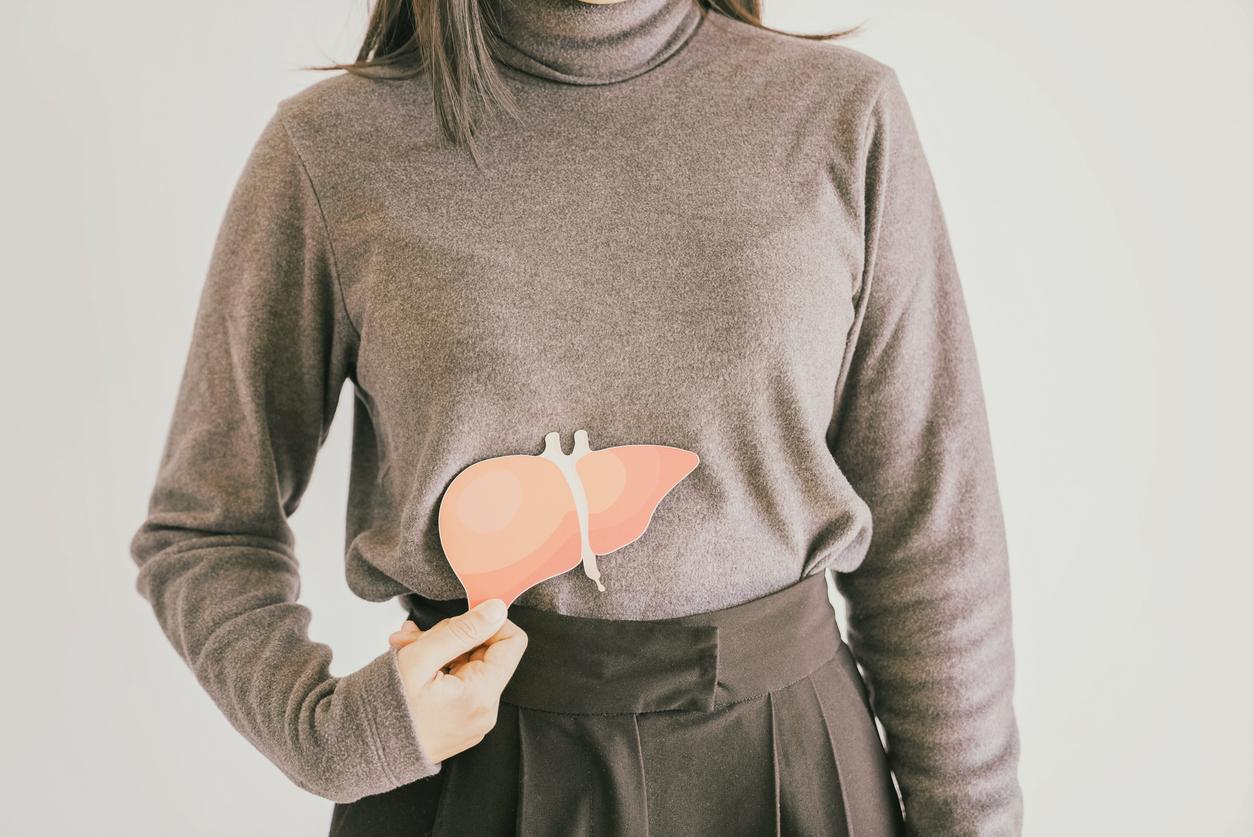In a clinical trial, an 80-year-old woman with glaucoma received electricity through her scalp and then noted that her eyesight improved.
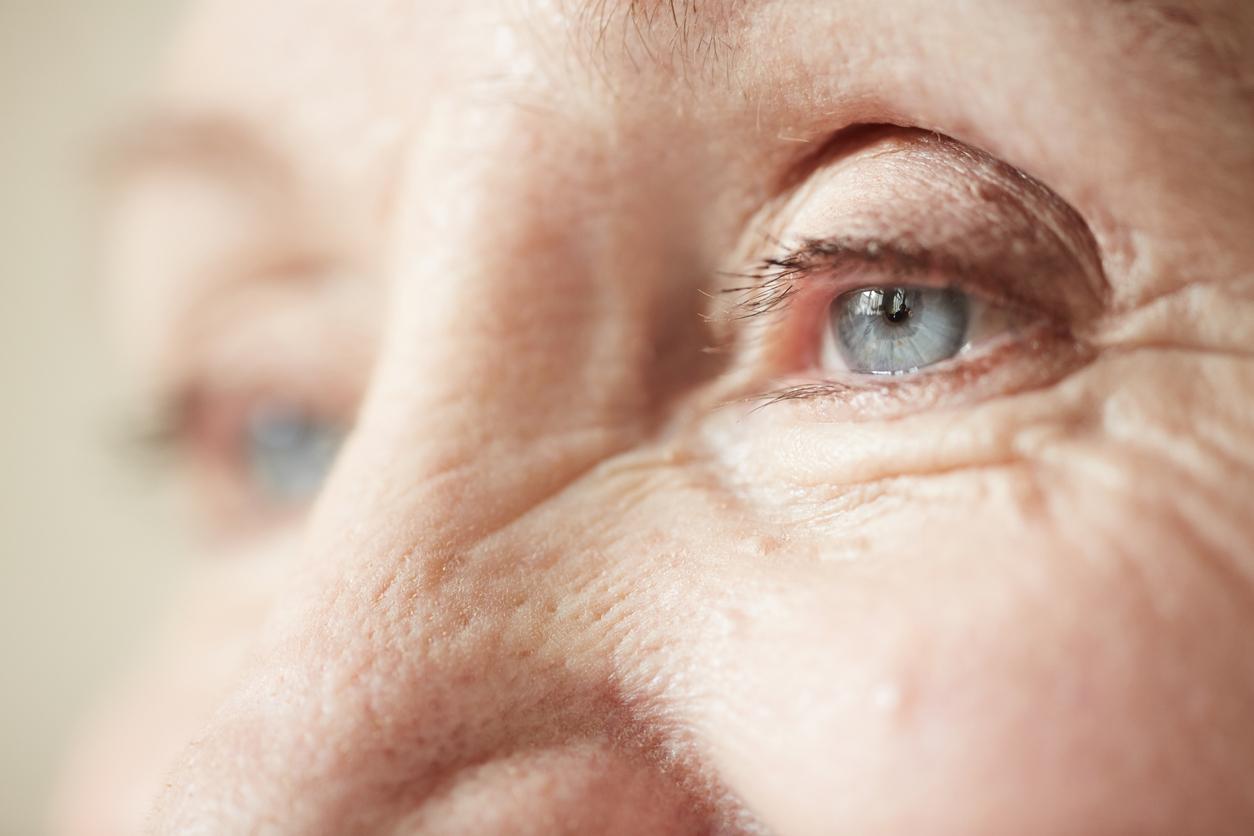
- For 12 years, Lynley Hood, an 80-year-old author, has suffered from glaucoma and lived with reduced vision.
- During a study on the effects of brain stimulation on chronic pain, she was in the placebo group and received current through her scalp.
- After four weeks, her eyesight improved steadily and was restored to almost 100%.
“The word ‘miracle’ isn’t used much in science, but that’s what happened. It was an accidental miracle.” This was stated in the newspaper Otago Daily Times, Dr. Divya Adhia, who conducted a clinical trial to examine the effects of brain stimulation on chronic pain. Among the volunteers in this study was an 80-year-old New Zealand author, Lynley Hood. She has glaucoma, which is the leading cause of blindness worldwide, and lived with reduced vision. The patient had decided to participate in the clinical trial because she has been suffering from very debilitating lower back pain since fracturing her pelvis during a fall in 2020.
A placebo allows him to gradually regain his sight
As part of the work, part of the people received electrical stimulation in the brain for five days a week for a month. As for the placebo group, in which Lynley Hood was a part, the adults received current through her scalp. After four weeks, the patient was surprised to find that her eyesight had gradually improved and had been restored to almost 100%.
“The cells in my retina were sending a whole series of messages along my optic nerve”
“At first, I thought it was my imagination. The researchers have equipment so fast that they could track every millisecond of the current, which traveled through my scalp and into my eyes. It showed that the cells of my retinas were saying ‘hey, something’s going on’ and sending a whole series of messages down my optic nerve to the parts of my brain that create images, words and colors from electrical messages,” explained the octogenarian who lives in Dunedin.
“It wasn’t the expected result, but to see my research having an impact on people is truly miraculous,” said Dr Divya Adhia. Now she wants to conduct another chronic pain study that would look at how it happened and how it could be used to improve reduced vision in other people.











